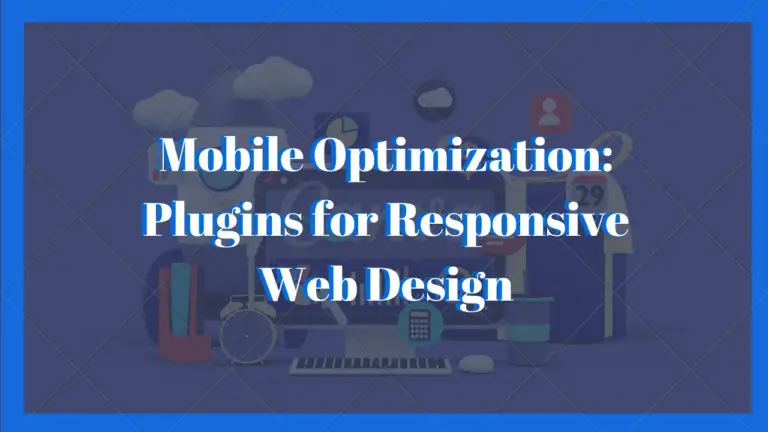WP Rocket Review 2022: Pros, Cons, Pricing, and Features

This is our review of WP Rocket.
It has been over 9 months now since I first started using WP Rocket, it all started with my disappointment at how slow my website had become. I wanted to get my Core Web Vitals out of the red, so I decided to bite the bullet and get one of these premium caching plugins to give my site a boost.
Ever since then, this plugin has stayed true and continuously keeps my site up to speed with little effort on my end.
The goal of this WP Rocket review is to inform potential users of this plugin about all the useful features it has to offer and what they can expect to get from it.
WP Rocket Review: What’s It All About?
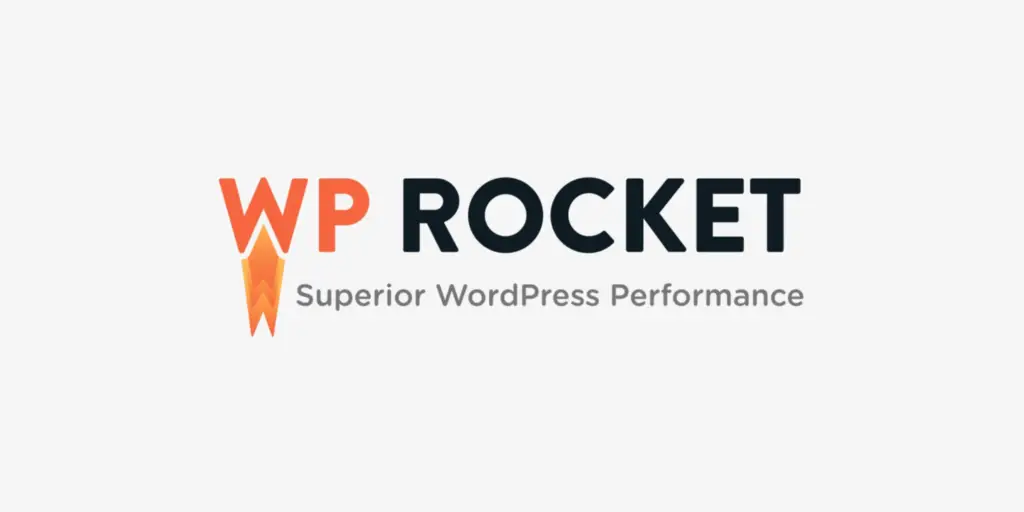
WP Rocket is an all-in-one WordPress caching plugin. It was created in 2013 to help businesses solve the problem of slow loading websites and relying on complex caching plugins that didn’t work.
The plugin’s minimal setup requirements and simple interface allow both beginners and experts to use it efficiently. Because of this, it has secured its spot as a market leader, helping over 2,110,000 websites to improve their speed.
In addition to caching, WP Rocket offers some other features that contribute to a fast and smooth running site, these include:
- Compressing files for programming languages such as HyperText Markup Language (HTML), JavaScript (JS), and Cascading Style Sheets (CSS).
- LazyLoad images
- Database Optimization
WP Rocket is perfect for any webmaster or WordPress developer, it’s one of the few caching and site optimization plugins that actually have a positive impact on site speed.
Get Started With WP RocketWhat is Caching?
According to Cloudflare, caching involves storing copies of files in a cache, or temporary storage location, so that they can be accessed more quickly.
A cache is simply a temporary storage space, a real-world example would be your refrigerator or pantry. Instead of going to the store every time you want to cook, you can store food supplies in your refrigerator and pantry for quick access. Browser caching works the same.
Whenever users load a webpage, their browser has to download a ton of data to display it, increasing that page’s load time. To reduce the load time, browsers cache most of the content that appears on the webpage and copy the page’s content to the device’s hard drive.
This is done so that the next time the user loads that page, most of the content will already be stored locally, and the page will load more quickly.
Pros and Cons of WP Rocket
Pros
- Easy setup, beginners can have it up and running within minutes.
- Has a robust caching feature set.
- It offers useful media optimization features
- Highly compatible with other services, plugins, platforms, and languages.
- It offers database optimization.
- Has extensive documentation that details the function and uses of all features.
Cons
- Doesn’t offer live chat support.
- Price is higher than competitors.
- Some additional features have an extra cost.
WP Rocket Noteworthy Features
Page Caching
This is the calling card of WP Rocket, it offers basic and advanced caching options to ensure fast loading websites. To access the basic caching options from your WordPress dashboard, you can select the “settings” option on the left panel and then click “WP Rocket” to enter its dashboard.
By clicking “Cache” you will be able to configure:
1. Mobile Cache settings: It increases site speed for mobile users.
2. User Cache settings: When enabled, it creates dedicated cache files for individual Logged-in WordPress users. It’s perfect if you have user-specific or restricted content on your website.
3. Cache Lifespan settings: This allows you to set a specified lifespan for cache files, after the time has passed the files will be deleted. Cache preload can be enabled to automatically rebuild files after lifespan expiration.
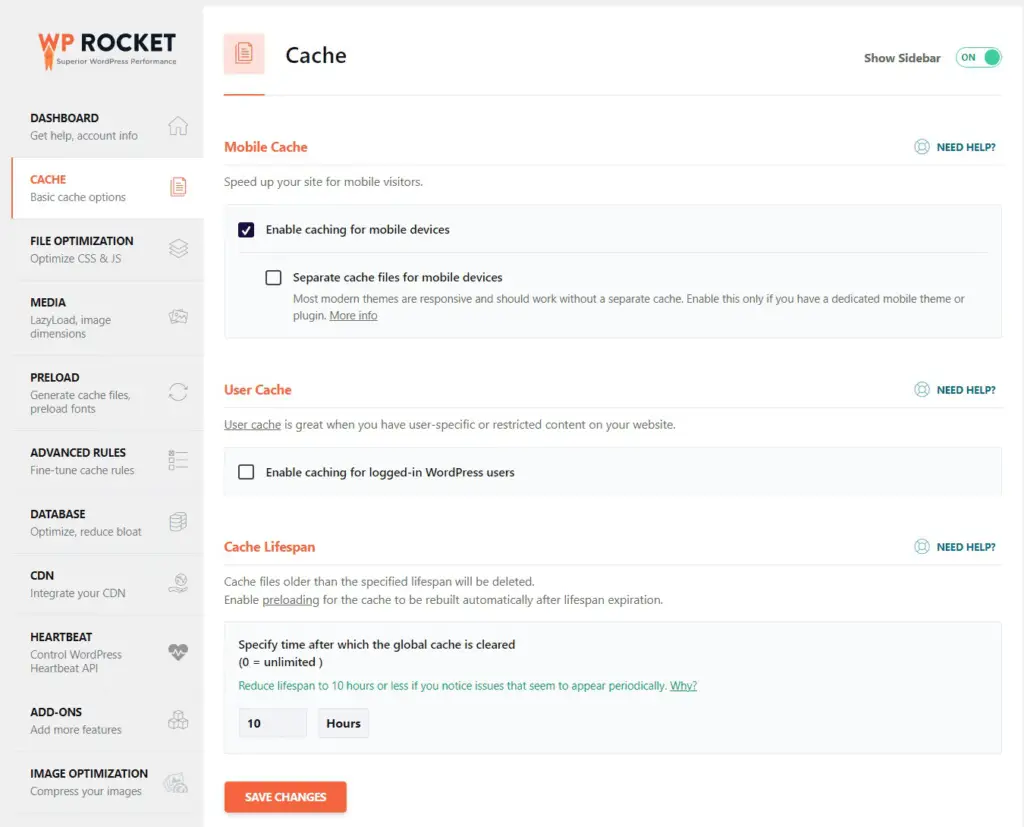
It is also possible to set advanced caching rules by selecting the “advanced Rules” option on WP Rocket’s left panel. This allows you to set advanced rules such as:
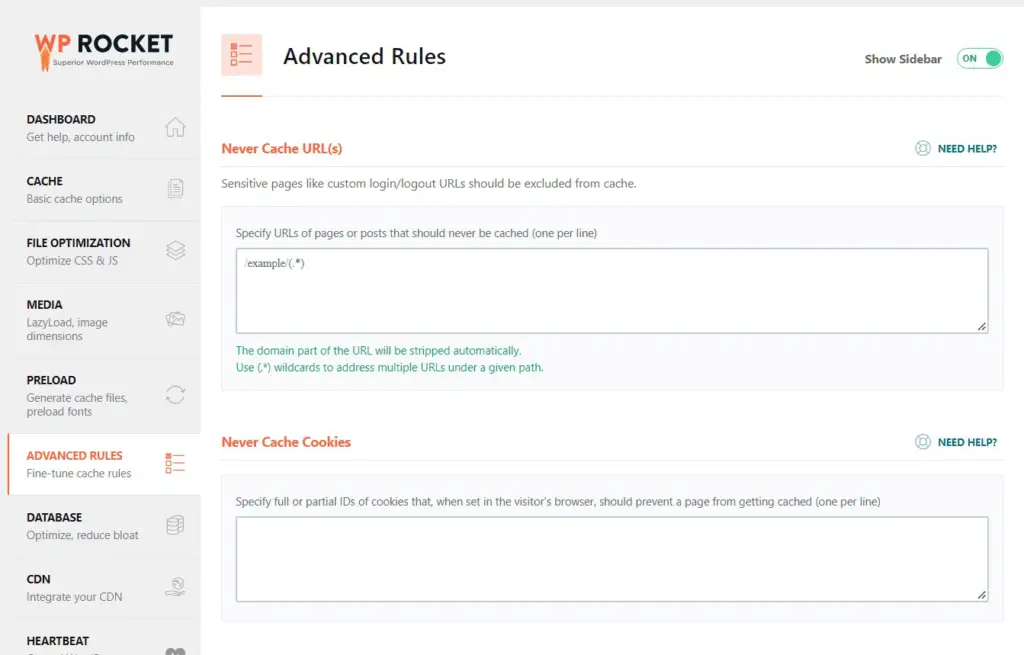
1. Never Cache URL(s): This allows you to exclude sensitive pages like custom login or logout pages, cart, and checkout pages from being added to cache files.
2. Never Cache Cookies: This prevents caching and optimization based on the presence of specified cookies. Cookies are commonly used to customize content for users. Caching content customized by users may cause changes to them, leading to a bad user experience (UX).
3. Never Cache User Agent(s): This option prevents cached and optimized pages from being served on certain devices and in certain browsers.
4. Always Purge URL(s): With this option, you can specify URLs you always want to be purged from the cache whenever you update any post or page.
5. Cache Query String(s): By default, WP Rocket does not cache pages with query strings (example.com/page/?country=italy). This option enables you to force caching for these pages.
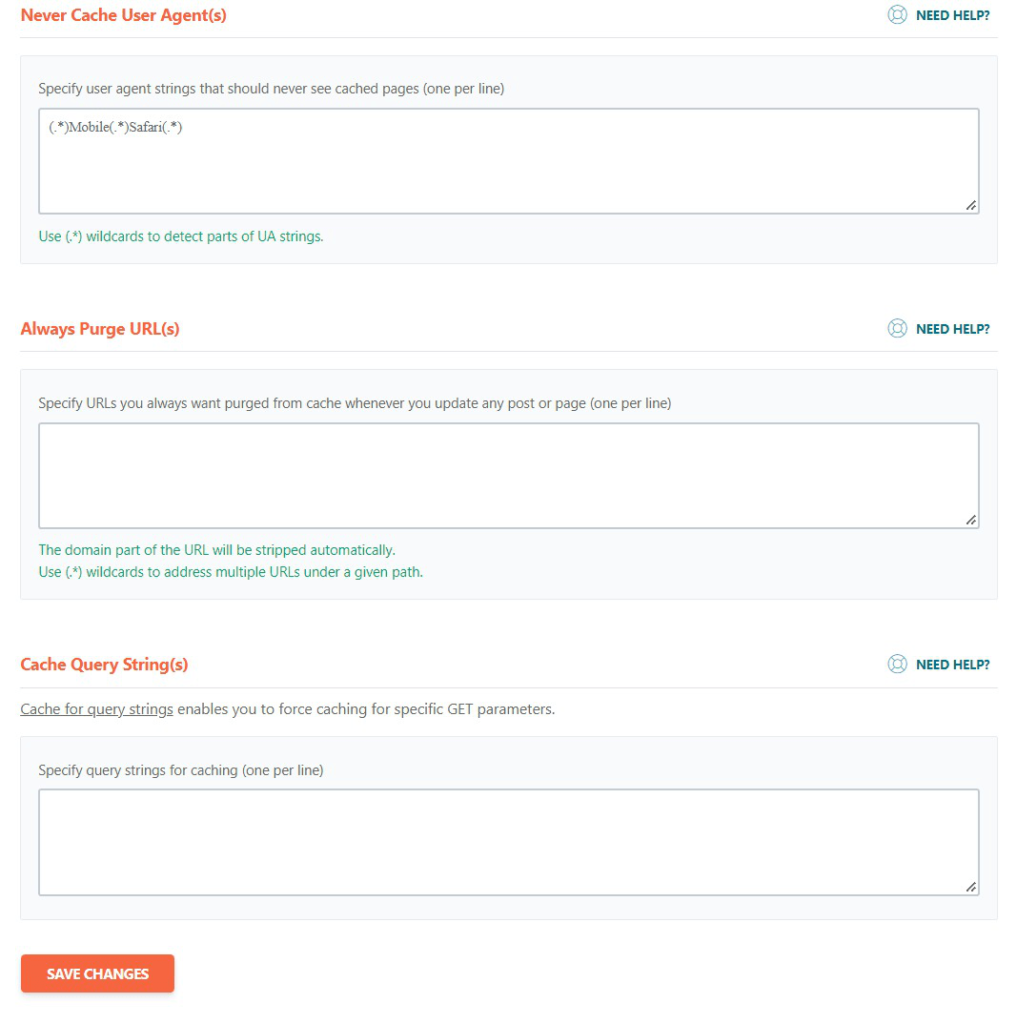
File Optimization (CSS and JavaScript)
This feature enables you to optimize and remove unwanted CSS and JavaScript files from your website to boost its load time. Oftentimes these files are bloated and contain unnecessary code that adds no value to your site, and removing them can be a tricky task. The simplest of mistakes can cause major damages to your site.
Luckily, WP Rocket makes this troublesome process more than manageable. Options available to optimize the CSS files of your WordPress site includes:
1. Minify CSS files: This option removes whitespace and comments from CSS codes to reduce the file size.
2. Combine CSS files: This merges all the CSS files into one and reduces HTTP requests. Using this is not recommended if your site uses HTTP/2.
3. Excluded CSS files: With this option, you can specify the URLs of CSS files to be excluded from minification and combination.
4. Optimize CSS delivery: It allows you to eliminate render-blocking CSS on your website.
5. Remove Unused CSS: This is the recommended method of optimizing your CSS. It reduces the overall page size, along with the number of CSS stylesheets to be loaded, eliminates render-blocking SCC, and improves your website’s Core Web Vitals.
6. Load CSS Asynchronously: This should only be used if there is a problem with Remove Unused CSS. It eliminates render-blocking resources by automatically generating the critical path CSS needs to render the visible part of your website; and by loading all the other CSS files after, without render-blocking.
7. CSS safelist: It specifies CSS filenames, IDs, or classes that should not be removed.
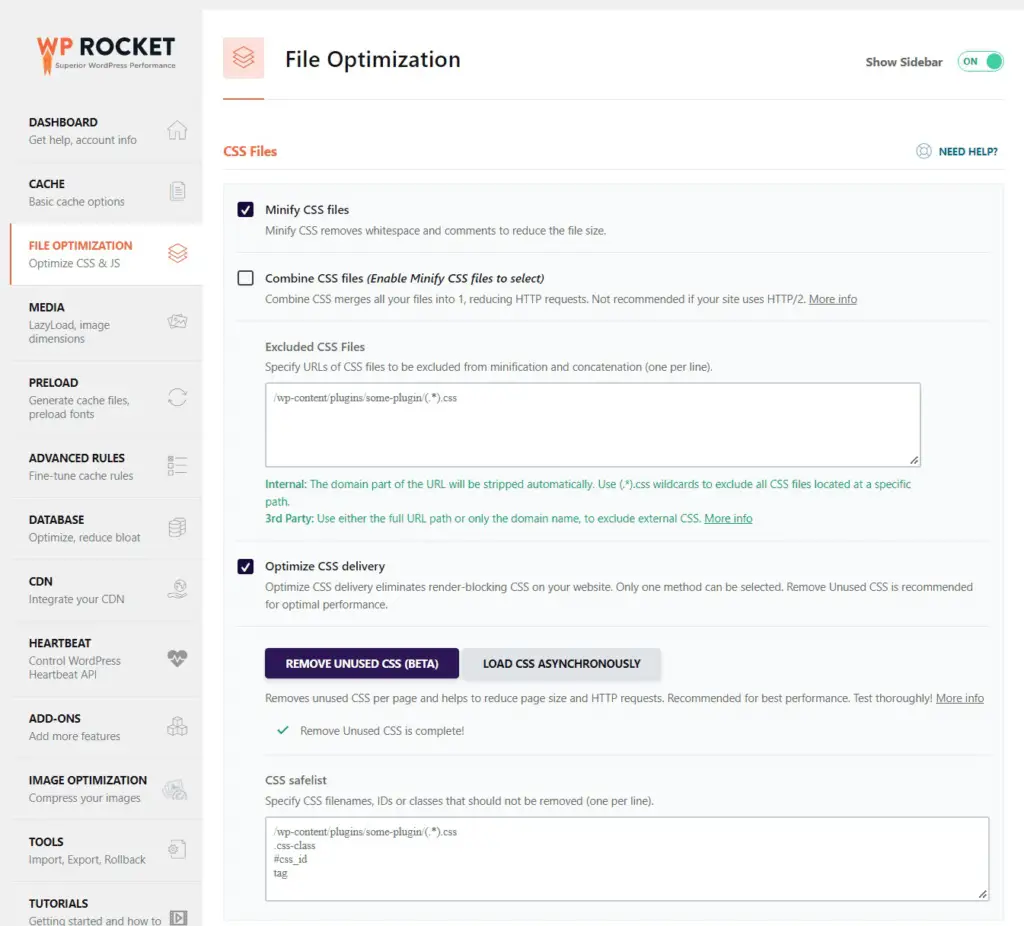
Options available to optimize JavaScript Files includes:
1. Minify JavaScript files: It does the same thing as Minify CSS files.
2. Combine JavaScript files: This option combines your site’s internal, 3rd party, and inline JS, reducing HTTP requests. If your site uses HTTPS/2 then it’s not recommended.
3. Excluded JavaScript files: it specifies URLs of JS files to be excluded from minification and combination.
4. Load JavaScript deferred: This allows you to eliminate render-blocking JS on your site and improve website load time.
5. Delay JavaScript execution: This option improves performance by delaying the loading of JS files until users interact with them (e.g., scroll or click on them).
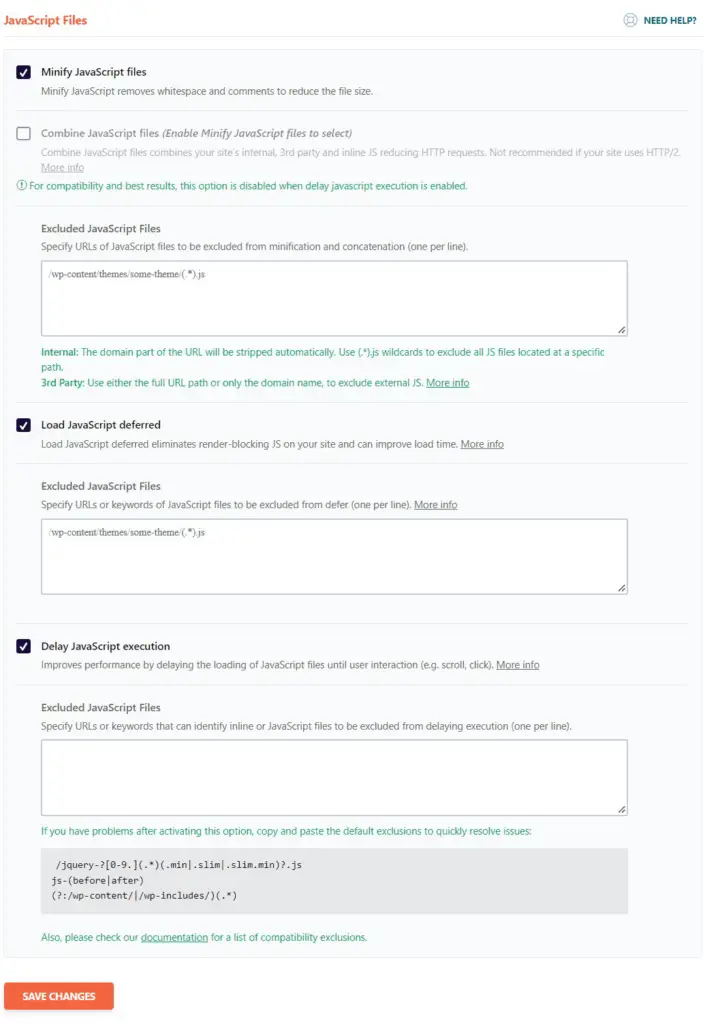
Media Optimization
WP Rocket helps users to reduce the strain that media files like images and videos have on web pages by providing different options to optimize them.
LazyLoad is one such option, it can improve actual and perceived loading time as images, iframes, and videos will only load as they enter (or about to enter) the viewport.
To make use of this option, all you have to do is select “Media” on WP Rocket’s left panel and check:
- Enable for images
- Enable for iframes and videos
- Replace the YouTube iframe with a preview image (optional). This can greatly improve the load time if there are a lot of YouTube videos on a page.
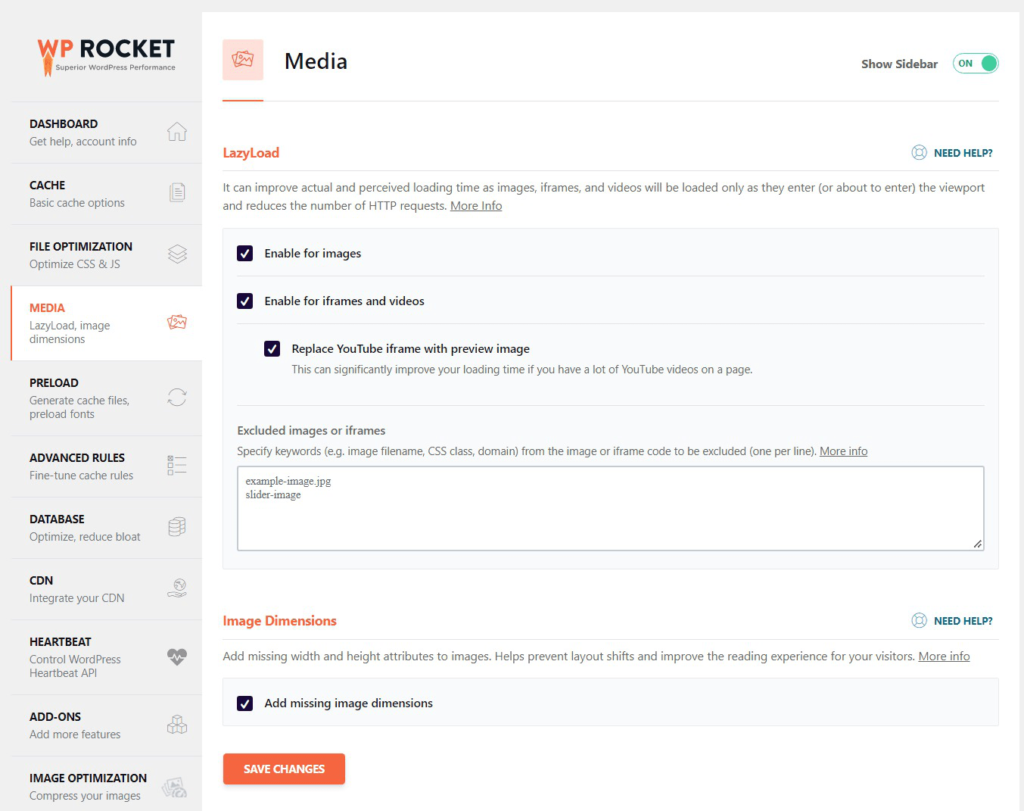
There’s also an option to exclude specific images or iframes from LazyLoad.
Another option you can use from the “Media” section on the left panel is Image Dimensions. With this option, you can add missing height and width attributes to images and prevent layout shifts on the webpage.
Database Optimization
Having a clean database allows your site to run smoothly and maintain a good load speed. To help with this, WP Rocket offers options dedicated to optimizing your WordPress database and keep it clean.
To manually clean up your database, all that’s required is to enable the following database options in WP Rocket :
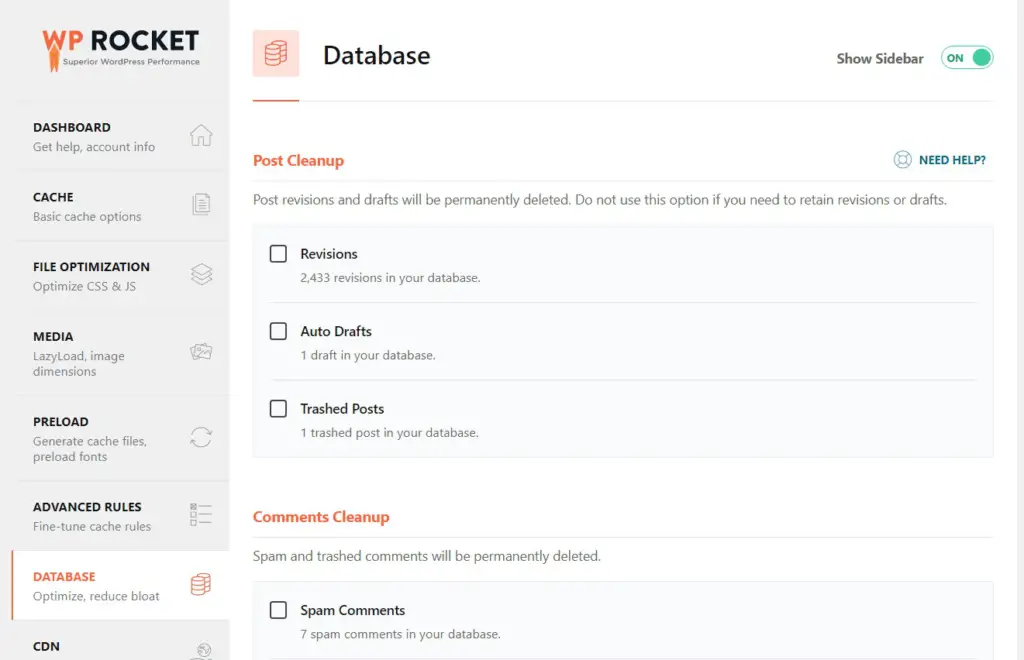
1. Post cleanup: This allows you to permanently delete post revisions and drafts.
2. Comment cleanup: This allows you to permanently delete spam and trashed comments.
3. Transient cleanup: Transients are used to temporarily store data for plugins and themes. This option lets you remove them, but they will automatically regenerate when your plugins need them.
4. Database cleanup: This reduces the overhead of database tables.
If you’re interested in automating these options, you can set up a regular database cleaning schedule by enabling the Automatic cleanup option.
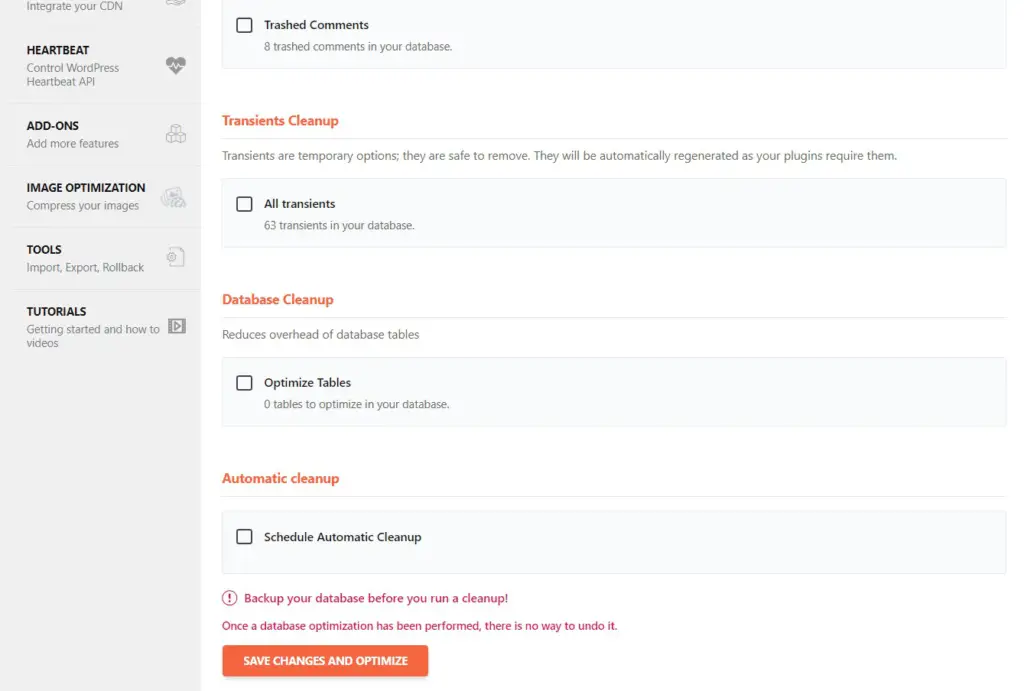
Excellent Compatibility
WP Rocket is highly compatible with some of the best tools currently available and necessary to successfully operate a fast-loading website.
The caching plugin is compatible with 99% of hosting companies, it’s compatible with WP Engine, Dream Host, Bluehost, GoDaddy, and Kinsta just to name a few. But just because it’s compatible with these hosting companies does not mean it won’t work well with others, it provides quality service across the board.
Other areas where WP Rocket has excellent compatibility includes:
1. Theme and Page Builders: You can now maintain the balance between an attractive website and a fast one, thanks to the power of WP Rocket.
2. Plugins: Normally, having more plugins on your site would slow it down. But with this caching plugin, those negative impacts are alleviated.
3. eCommerce: It makes your online store run smoothly and avoids problems by excluding sensitive pages from the cache.
4. Multiple Languages: You can empty or preload cache for a specific language or for all languages.
Additional Features:
- GZIP Compression
- Cache Preloading
- eCommerce Optimization
- Excellent Compatibility
- Rocket CDN, WP Rocket’s very own Content Delivery Network
WP Rocket Pricing and Plans
WP Rocket is a premium WordPress plugin that offers 3 purchasing plans. There are no feature limitations among the plans, what makes each different is the number of websites they support.
- Single Plan: Cost $49 per year and only offers a 1-year license to update and support a single website.
- Plus Plan: Cost $99 per year for a 1-year license to update and support three (3) websites.
- Infinite Plan: Cost $249 per year for a 1-year license to update and support an unlimited amount of websites.

There is also a 100% money-back guarantee for users who purchased the plugin and wish to get a refund within 14 days. Since WP Rocket does not offer a free trial, you can use this 14-day period to test out the plugin and see if it actually lives up to the hype.
Spoiler Alert: It does.
Get Started With WP RocketWP Rocket Alternative
W3 Total Cache
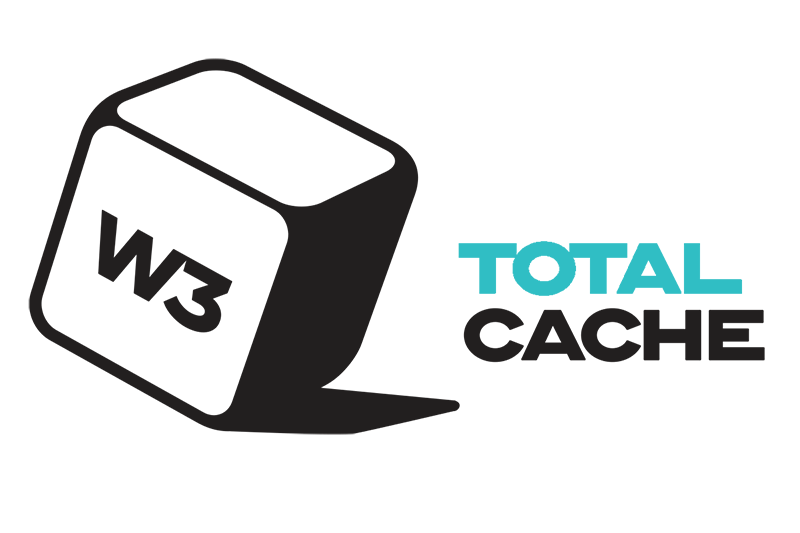
W3 Total Cache is a great tool for improving user experience and SEO rankings. Its features reduce download times by utilizing various options, which make it easy to customize your caching needs depending on what you’re trying to achieve with site performance.
The features offered include:
- Mobile support
- Minification
- GZIP compression
- Page and Browser Caching
- Image and video lazy loading
- CDN support
Pricing:
- Free
- $99 per website for a 1-year license.
- No discounted plans for a multi-site license.
WP Super Cache

WP Super Cache is a caching plugin that generates static HTML files from your WordPress website. These static HTML files are copies of your pages so that whenever your site gets a visitor, they are served with the copied version to render the page’s content more quickly.
Features offered include:
- CDN integration.
- Offers mod_rewrite to serve cache files.
- Preloading for posts, categories, and tags.
- Scheduled caching
Pricing:
- Free
Our Verdict
I recommend using WP Rocket. It’s a quick and reliable method to maintain a fast and well-optimized website. As far as caching plugins go, it’s one of the best you can get.
This plugin comes with a lot of useful features that will provide measurable improvements to your site speed. It offers options that address the basic and advanced aspects of caching, file, media, and database optimization, along with a host of additional features that puts your money to good use.
If you have the flexibility in your budget, then getting WP Rocket should be a no-brainer.
If you have the flexibility in your budget, then getting WP Rocket should be a no-brainer.
This marks the end of our WP Rocket Review, if you’re interested in more content about WordPress plugins then feel free to check out our review articles on Elementor and Rankmanth Vs Yoast SEO.


